Motivation
We Brainobrain develop the positive thinking in Children through NLP. It develops Self-confidence, Motivation, Values like Happiness, Responsibility and Concentration.
NLP is a science of understanding how we Think, Behave and Communicate in a situation. Increasing the awareness of your style of thinking can really help you increase your choices in achieving what you want in your life. For children, this awareness leads to voluntary change to improve their personality, to grow as a leader.
- NLP for children is not concerned with one size fits all; rather it is deals with finding flexible strategies to suit individual children and their various needs
- All healthy children absorb information from their surroundings like blotting paper absorbs ink from the moment they are born
- The way to get children to learn willingly is to give them encouragement and confidence in themselves
Mentioned below are few examples of NLP
- Finding an effective strategy
You can help your child by finding an effective strategy to meet that child’s needs. If the child does not respond well to formal education, find out what the child’s true values are. For example, if he is spending hours and hours playing computer games and virtually no time doing homework, it is not because he is suffering from attention deficit disorder (ADHD); it is because playing computer games is much higher on his hierarchy of values than homework.
In those circumstances, it is necessary to find a strategy that will link homework to the computer skills that have already been acquired and are enjoyed.
- Building Confidence and Encouragement
Remember to congratulate and encourage when the child does well. When child is struggling; support, encourage and experiment with new strategies that appear to be working for others. Sometimes people don’t know why they are good at a particular subject so their behaviour will need to be examined closely to elicit the strategy.
Equally, when your child is good at one subject but not so good at another, look carefully at what he does in the successful subject and what he does in the unsuccessful subject? If he demonstrates different skills, are the good skills transferable to the other subject? Sometimes it is a question of motivation because the particular subject matter does not appeal. Think what can be done to make that subject more interesting for this particular child.
Motivation, positive attitude and skills combine to create a successful outcome of your child.
Would you like to hear some more?
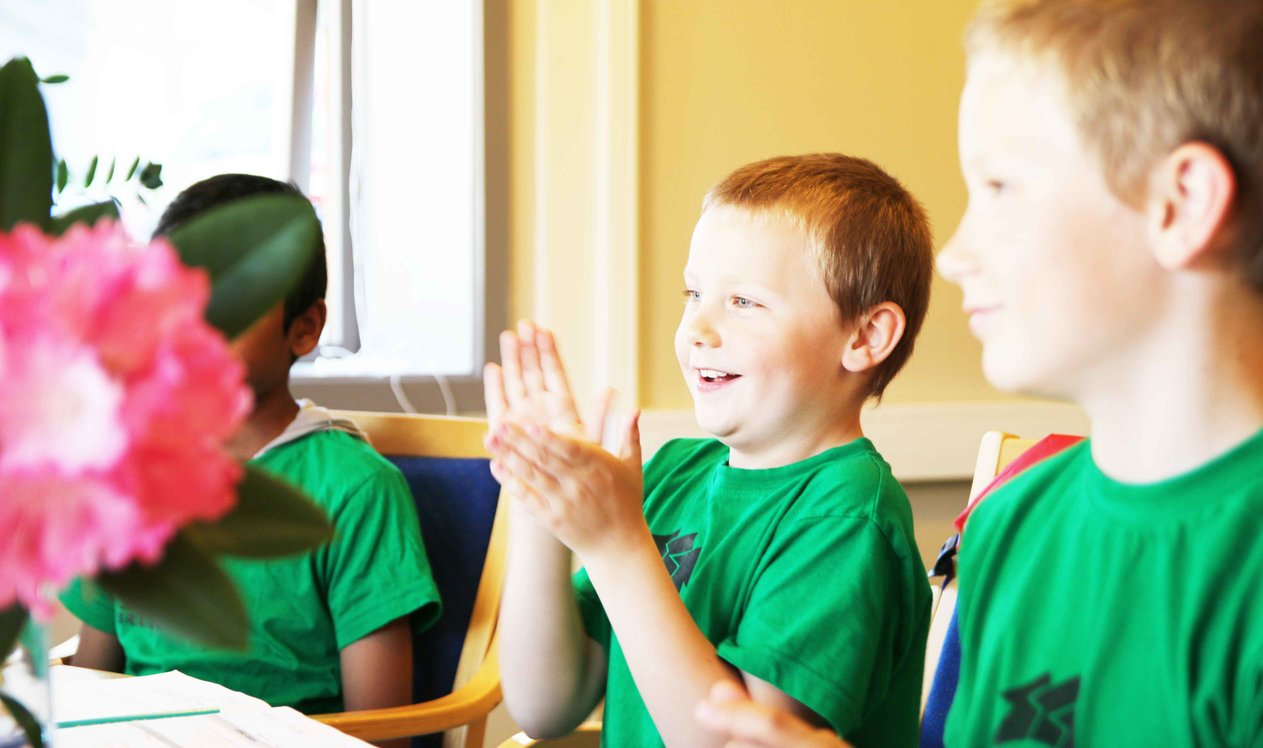

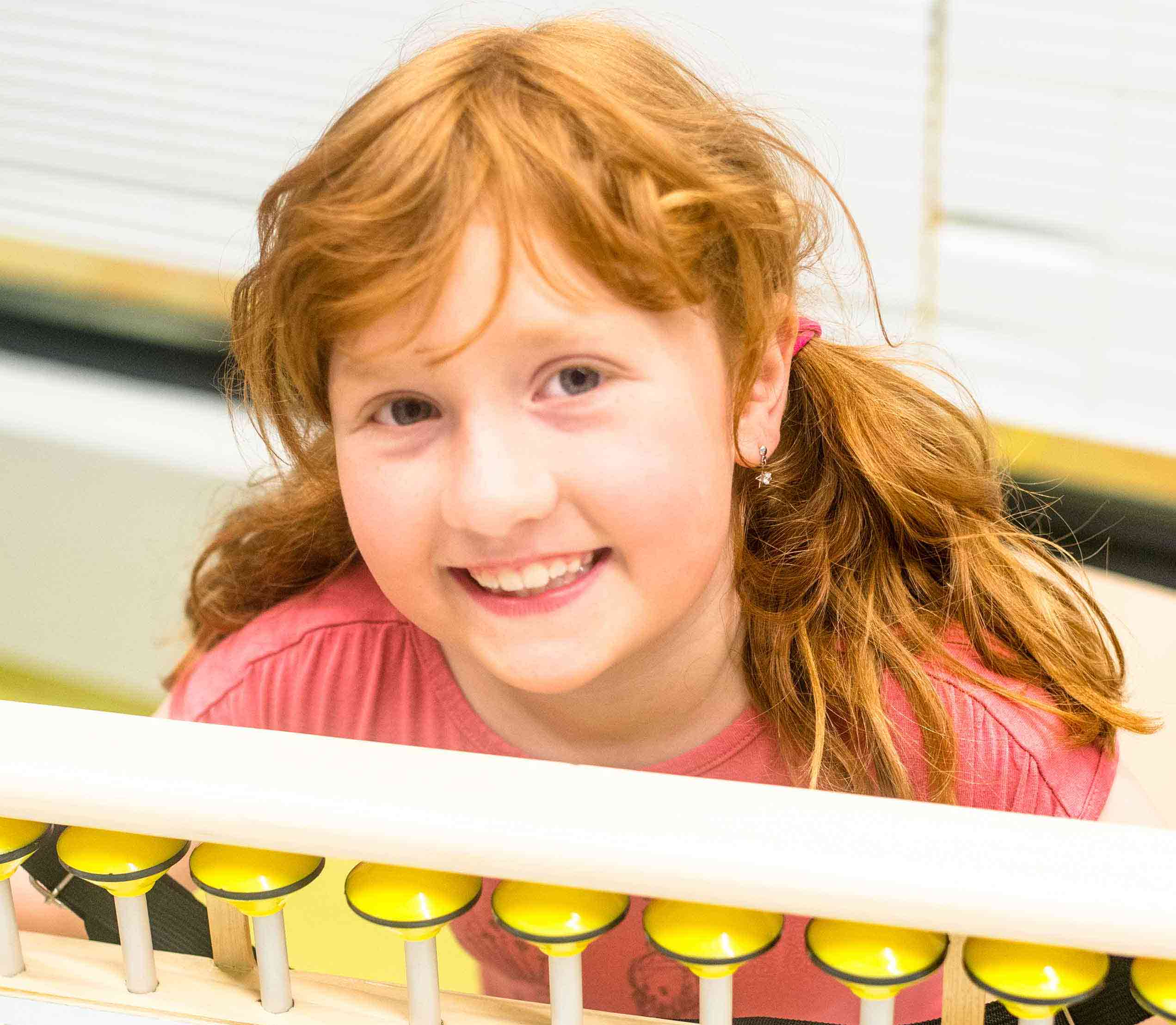
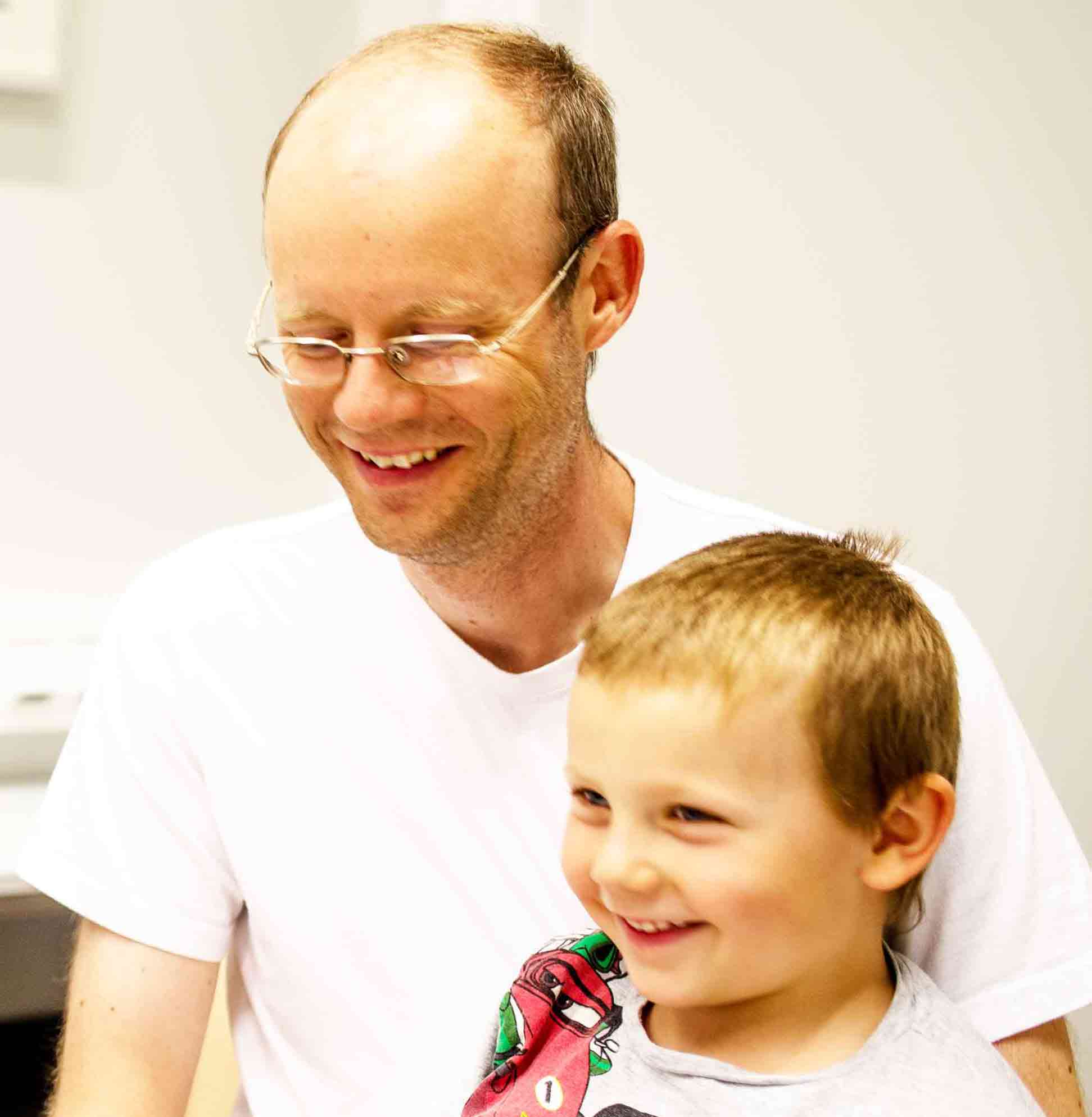
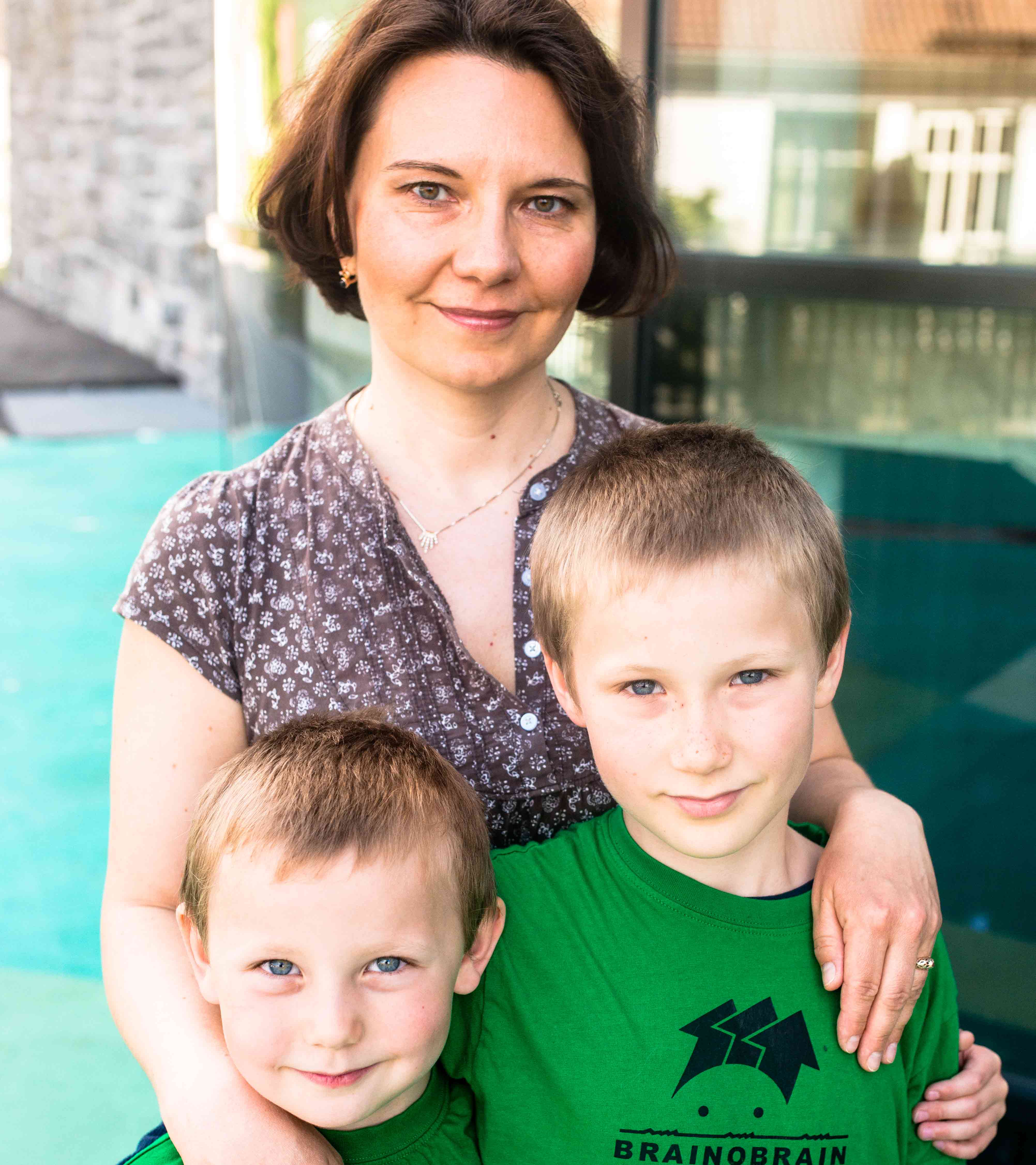



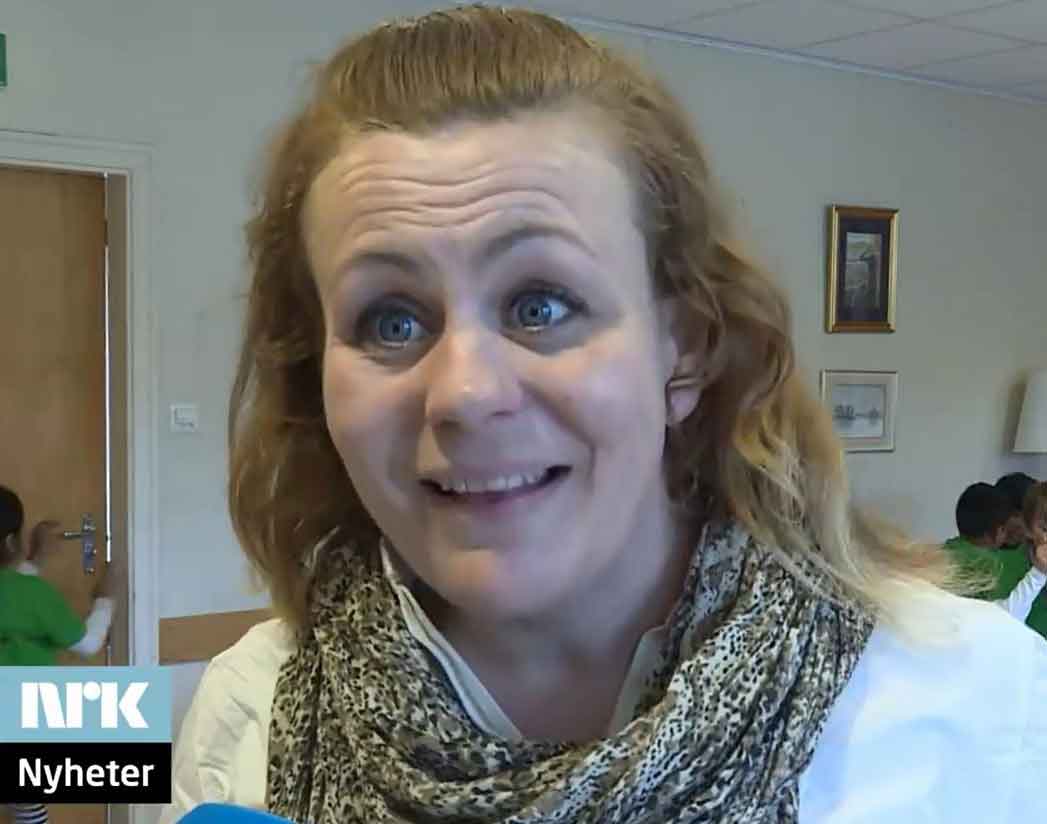





Find us here